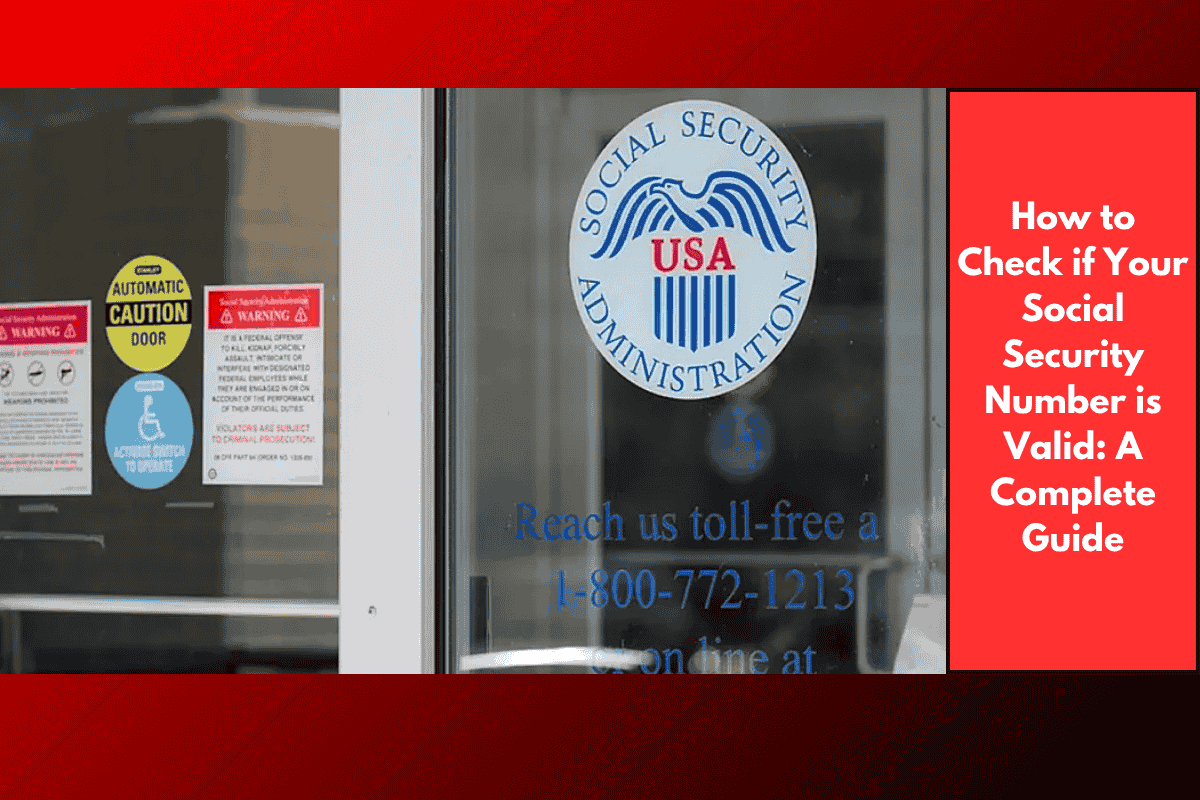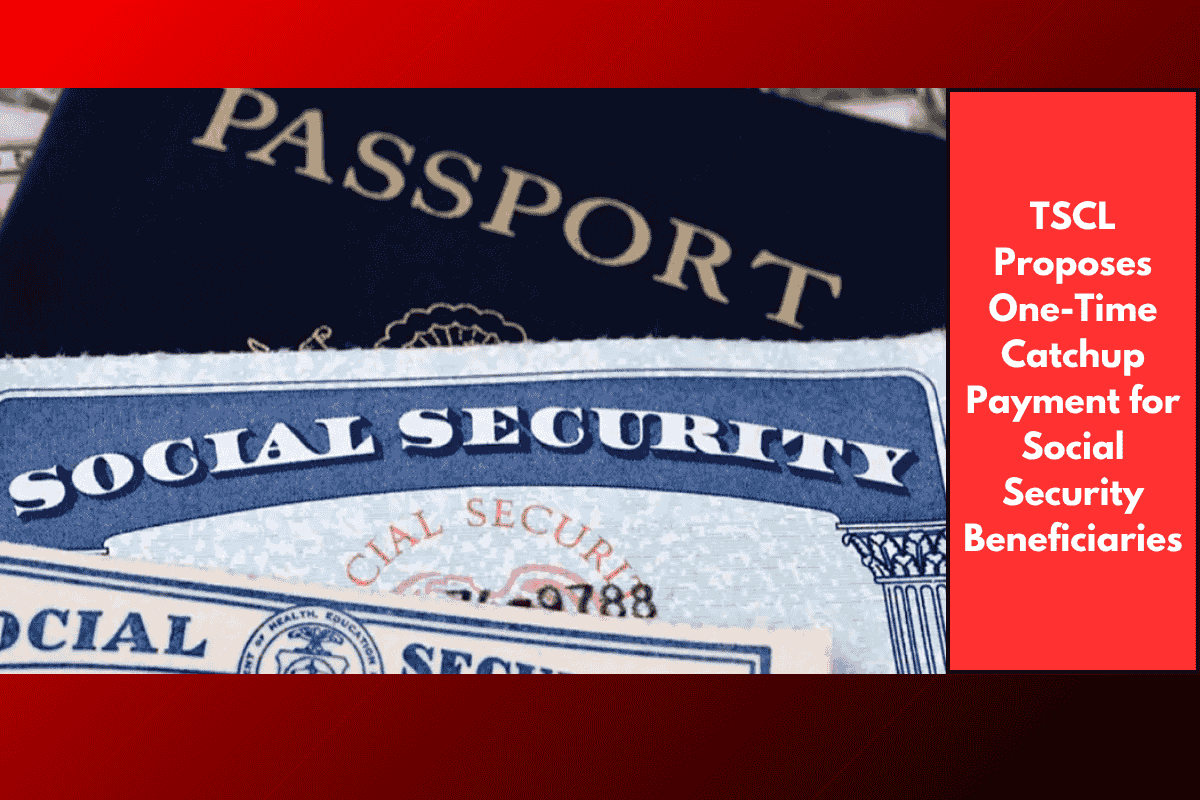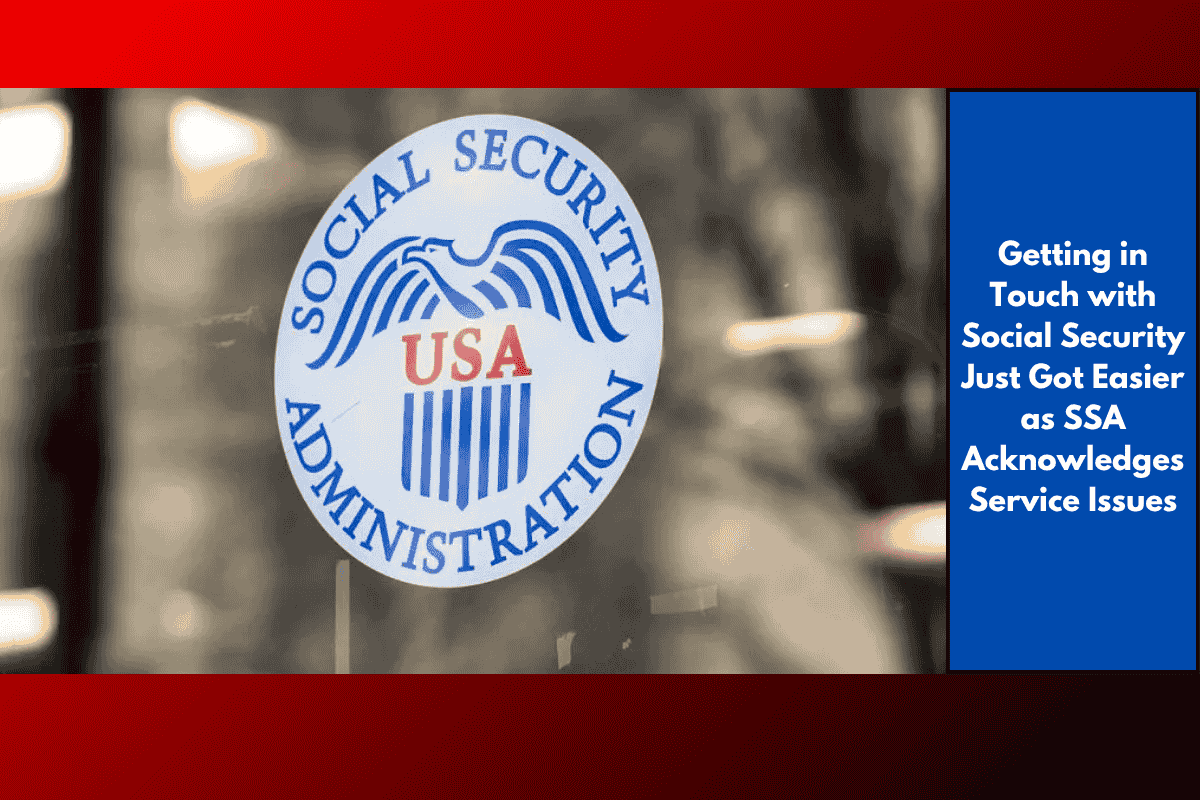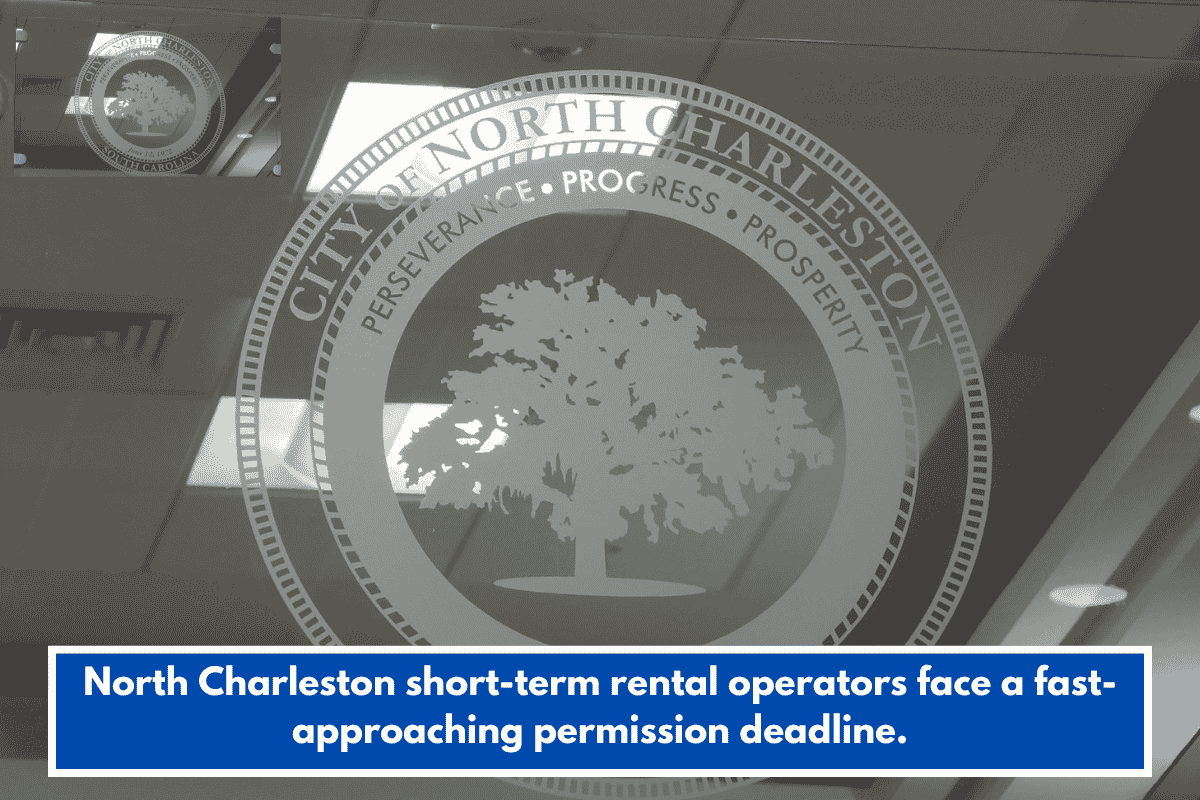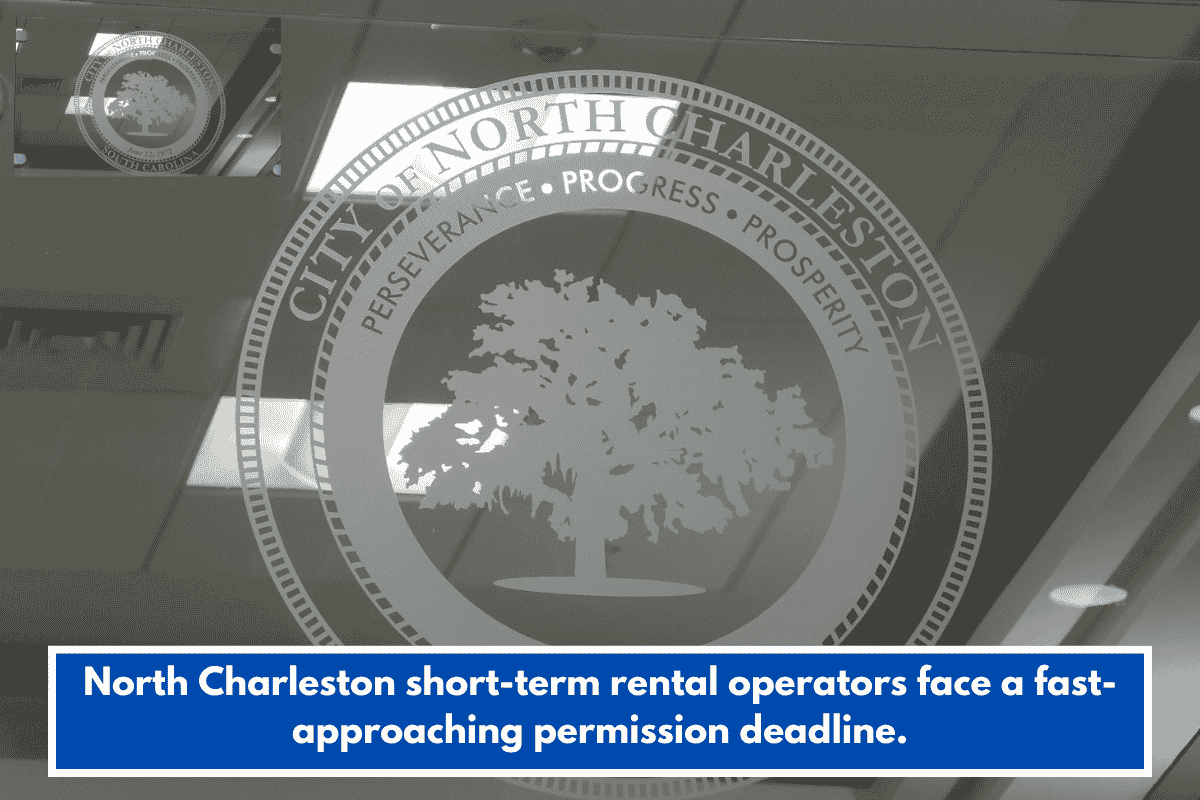In a move to recover billions in overpayments, the Social Security Administration (SSA) will begin enforcing a stricter policy starting July 24, 2025. This means millions of Social Security recipients could see their monthly checks cut by 50% unless they take action before the deadline.
Who is Affected by This Measure?
This new policy will affect individuals who received an overpayment notice in April 2025. The notice informs recipients that they received more money than they were entitled to due to administrative errors, such as failure to update personal information like income, marital status, or place of residence. If you received one of these notices and fail to respond within the 90-day period, the 50% payment reduction will be automatically applied.
Why Is This Policy Being Implemented?
Between 2015 and 2022, the SSA mistakenly paid out more than $72 billion in overpayments. In an effort to recover some of these funds and improve the sustainability of the Social Security program, the SSA decided to take action. Initially, the SSA proposed withholding 100% of the payments, but after backlash from lawmakers and advocacy groups, a more manageable 50% reduction was decided.
How Much Money Could You Lose?
The average monthly Social Security payment is approximately $1,900. For those affected, this new policy could result in a $950 reduction per month until the overpayment is fully recovered. For many seniors who depend on this income, this reduction could be devastating, making it harder to cover essential living expenses like rent, food, and medicine.
What Should You Do If You Received a Notification?
If you received an overpayment letter, you must act before July 24, 2025, to avoid automatic payment cuts. You can file one of the following requests:
Form SSA-561: File this form if you believe the overpayment amount is incorrect and wish to appeal the decision.
Form SSA-634: Use this form to request a reduction in the percentage withheld if the 50% cut would cause financial hardship.
Form SSA-632: If repaying the money would cause severe financial hardship, you can request a full waiver using this form.
It is important to understand your options and take action quickly to avoid the automatic reduction.
What Is the Long-Term Impact?
While the SSA estimates that this policy could recover up to $7 billion over the next 10 years, this represents just 0.2% of the projected deficit in the Social Security program. So, while the policy may provide short-term financial relief, it does little to address the underlying structural issues facing Social Security in the long run.
If you’re a Social Security beneficiary who received an overpayment notice, it’s essential that you act before July 24, 2025, to avoid a significant reduction in your monthly benefits. Consult with an advisor or contact the SSA directly to learn about your options and protect your income. Don’t wait until it’s too late—take action today to ensure your financial security.

